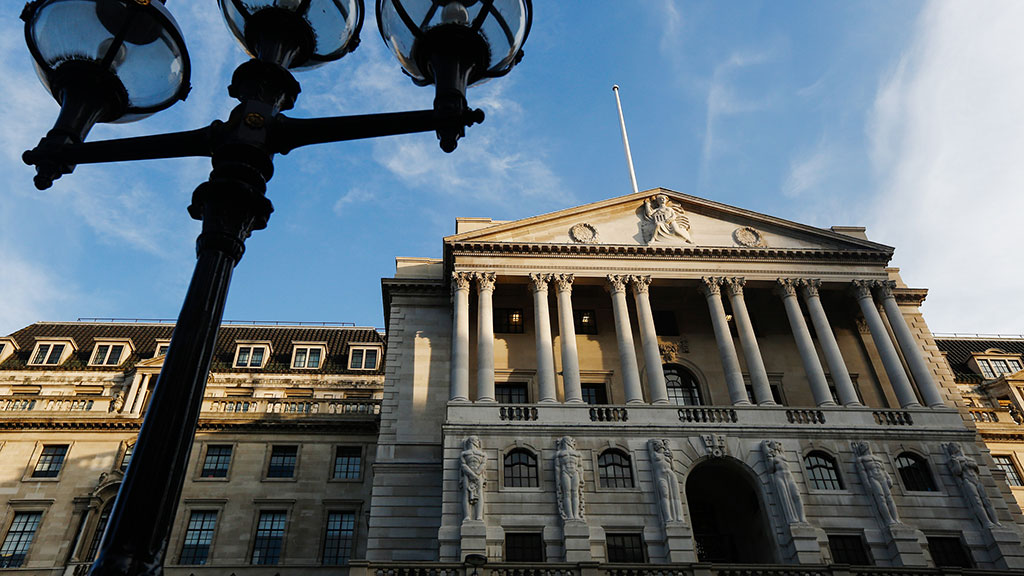Weak inflation data may gives the Bank of England an excuse to cut rates
UK inflation is edging lower, and is now well below the Bank of England’s 2% target rate. That could mean even lower interest rates. Here's why.


Get the latest financial news, insights and expert analysis from our award-winning MoneyWeek team, to help you understand what really matters when it comes to your finances.
You are now subscribed
Your newsletter sign-up was successful
Want to add more newsletters?

Twice daily
MoneyWeek
Get the latest financial news, insights and expert analysis from our award-winning MoneyWeek team, to help you understand what really matters when it comes to your finances.

Four times a week
Look After My Bills
Sign up to our free money-saving newsletter, filled with the latest news and expert advice to help you find the best tips and deals for managing your bills. Start saving today!
Depending on whether you commute or not, it may not feel much like it – but the UK’s rate of inflation is edging lower. Indeed, it’s now well below the Bank of England’s central 2% target rate.
In December, inflation (as measured by the consumer prices index, CPI) came in at 1.3%, compared to 1.5% in November. Under the Bank’s previous target measure – RPIX, or the retail prices index excluding mortgage interest – inflation came in at 2.2%, down from 2.3% in November. (The old target was 2.5% – for more on the difference between the two, here’s an explainer).
That was a bit lower than expected. It gives more credence to the idea that the Bank might consider cutting interest rates from their already spectacularly low level of 0.75%. That in turn helped to weaken the pound in the wake of the report.
MoneyWeek
Subscribe to MoneyWeek today and get your first six magazine issues absolutely FREE

Sign up to Money Morning
Don't miss the latest investment and personal finances news, market analysis, plus money-saving tips with our free twice-daily newsletter
Don't miss the latest investment and personal finances news, market analysis, plus money-saving tips with our free twice-daily newsletter
The good news is that this means that wages are still increasing in real terms (i.e. after inflation). The latest data (from October) suggests that wages (excluding bonuses) rose by 3.5% year on year. That means real wages are rising at a pretty decent rate, certainly compared to recent history. That should support consumer spending, which is a key part of the UK economy.
Get the latest financial news, insights and expert analysis from our award-winning MoneyWeek team, to help you understand what really matters when it comes to your finances.

-
 How a ‘great view’ from your home can boost its value by 35%
How a ‘great view’ from your home can boost its value by 35%A house that comes with a picturesque backdrop could add tens of thousands of pounds to its asking price – but how does each region compare?
-
 What is a care fees annuity and how much does it cost?
What is a care fees annuity and how much does it cost?How we will be cared for in our later years – and how much we are willing to pay for it – are conversations best had as early as possible. One option to cover the cost is a care fees annuity. We look at the pros and cons.